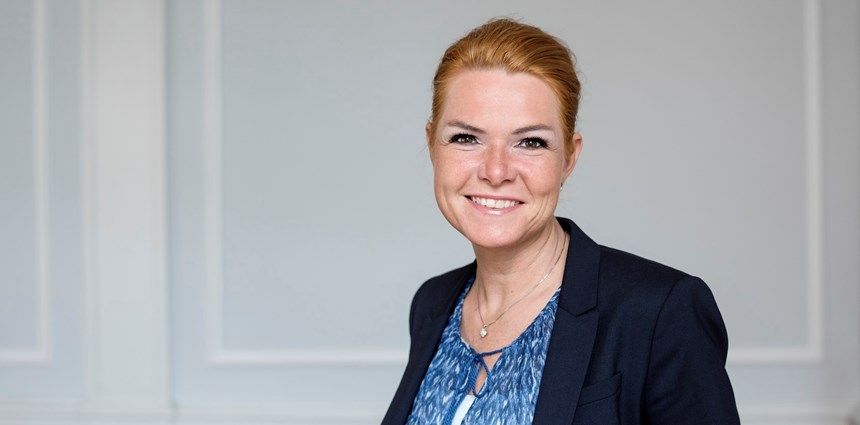The government has set aside 250 million kroner to help tackle social control, radicalisation, religious coercion and other negative tendencies born out of parallel societies involving minorities.
Part of the proposal includes an exit package designed to assist women, young people and children who endure strong social controls, violence and other forms of oppression that deny the individual’s right to decide over their own lives.
“The oppressive behaviour we see in parallel societies is deeply unacceptable,” said the immigration and integration minister, Inger Støjberg.
“We can’t accept women not being able to escape a violent marriage or parents forcing their children into a narrow-minded view on life and attempting to control their lives. We must strengthen efforts on numerous fronts and tackle misguided religious considerations. Help must be available immediately.”
READ MORE: Denmark earmarks millions for refugee kids education
Taking responsibility
Støjberg said it was imperative that teachers, health workers and the average citizen had somewhere to turn to should they see something disconcerting.
“Neither religion nor cultural differences should be an excuse for standing by and doing nothing,” said Støjberg.
“We must crack down hard on social control and oppression.”














